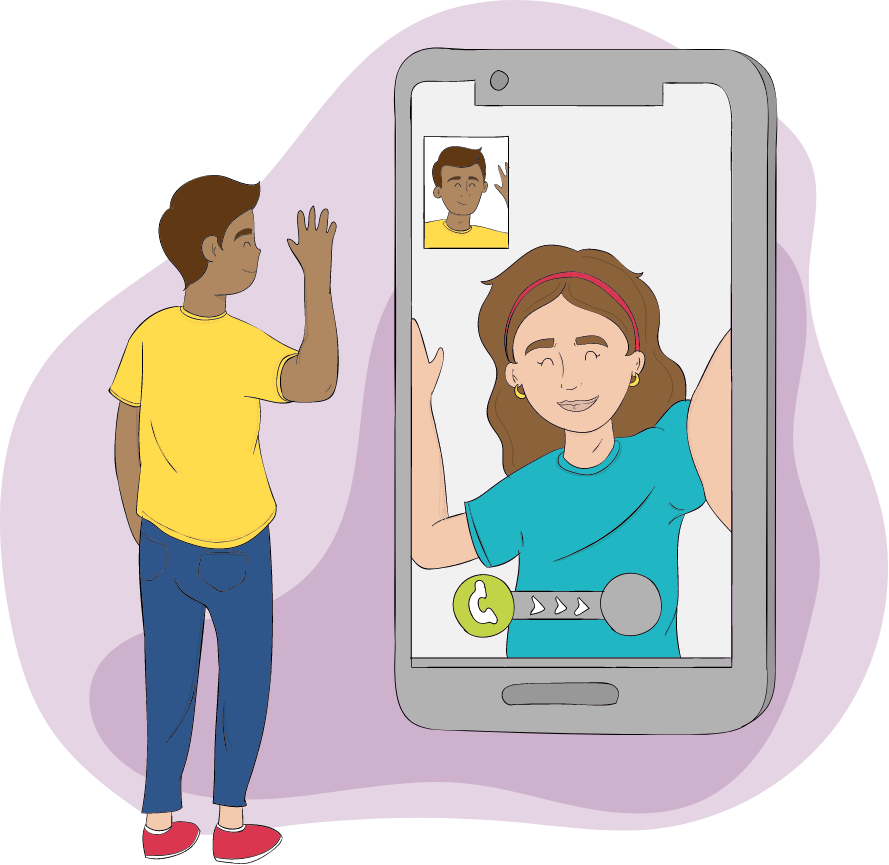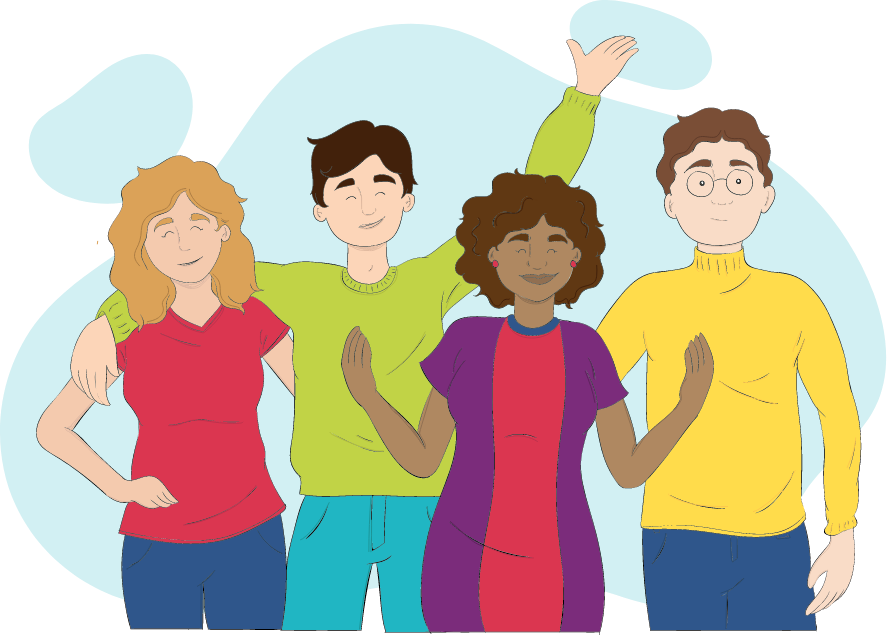
Face to face or remote interactions
Two not-interchangeable modalities that must be utilized in different contexts and projects.
Wednesday 23 June 2020

Face to face or remote interactions
Two not-interchangeable modalities that must be utilized in different contexts and projects.
Wednesday 23 June 2020
Is there a difference beeing online rather than offline?
Before the COVID19 emergency started, choosing not to work online was very common. Most of the people actively chose not to work remotely, not to have working-related conversations via phone or e-meetings, and not to design remotely with the aid of online collaborative platforms. Generally, these ways of working were chosen only by people travelling a lot. Not everybody looked at remote ways of working as a means for optimizing time management, lower the costs and democratize the possibility to take part into important decision-making meetings and educational sessions.
For most people, the online reality represents an explorative dimension that allows for the possibility to meet new people in a low-key scenario. The written, oral and video communications are the ways of holding a conversation online. Especially video communication has been looked at as a direct substitute for offline communications. But nowadays something has changed.
Two ways not interchangeable, but usable for necessity of context e of different projects.

What are we experiencing in this emergency state?
Without a scenario switch (from pre-COVID to emergency state), it would have been difficult to understand how the offline and online modalities are very different from each other and not interchangeable.
This emergency situation has put limits to our freedom, both physical and psychological. We were forced to translate the relational aspects of our lives entirely online. This worked for some weeks, but after some time we started growing an increasing amount of tiredness and impatience towards the online channels. We spent 7-8 hours online and we started lacking time to dedicate to ourselves.
How did we compensate? We tried to apply to the digital world every aspect of our normal ways of building relationships. We managed to implement this process for some weeks, but in the long run we started to feel a deep tiredness caused either by the channels or the devices. By spending 7 to 8 hours online everyday we started to neglect ourselves, not finding enough time to dedicate to our personal care.
We are missing the nourishing aspect of our life, which we thought would be able to transfer through the online world, but in reality didn´t.
Our tiredness derives from the lack of support which is only possible to find in the offline world. This kind of support is an invisible one, often taken for granted but vital. Building relationship in the offline world allows us to fully understand the body language of the other person, as well as the implicit dynamics of the relationship.
This aspect is not translatable through video channels, but is only possible when actually seeing the other person’s face. Used to think about offline and online as interchangeable modalities, we unconsciously kept on applying the same dynamics of the offline world to the online one. The expectations we had towards using the online channels, though, were not met and we soon end up almost rejecting these methods of communication.
The “online fatigue”, as every other fatigue that humans experience, is pushing us towards a new realization: We are starting to distinguish a funcional channel from a relational dimension. When talking about functionality, the online world is optimal in a lot of work-related occasions and when looking for temporary connections. This is because the online connection gives us the possibility to create visual anchors within the relationships that we already share with other people. Nevertheless, being able to actually be in the same room as the other person, does not mean that a relationship or a connection will grow in any case.
Why today this difference is clear to us?
Because the lack of “nourishing relationships” has underling its intangible value. We are finally approaching an awareness process which will allow us to grow awareness in three different stages:
- information
- experience
- internal and personal reflection
A big misunderstanding is considering an “informed” person as an already “aware” person.
In fact, she might know about some aspects, but she has not yet transformed that information in something true for herself. In other words, the information at the moment has no real impact neither on the person, nor on the outside world.
The COVID19 emergency has allowed us to think more about intangible values, forcing us to experience them. Nevertheless, personal reflection and elaboration is still something that the single person has to choose to accomplish.
What are we starting to be aware of?
We are slowly starting to comprehend that the working environment allows us to manage the two different interaction modalities (online and offline) for different tasks and we are starting to prioritize the typology of communications:
- mainly functional (carrying out tasks)
- mainly relational (comms, networking)
- both (design, team building)
Generally, we can underline two benefits that this new awareness is bringing about.
- optimization of functional task times
- saving time for building important relationships. For example amongst our families, friends, or even in the workplace. This makes the quality of our lives better.
Which could be the new guidelines for creating new interaction modalities?
Inspired by my experiences within co-design and facilitation projects both before the outbreak and during the pandemic, I compiled a list of guidelines aimed at helping in the management of the two different interaction modalities, online and offline.
Starting from there, I created a free to download tool with the goal of testing its utilization and then sharing the results. Enjoy!

get in touch
- +39 3292432411
- marianna.zocca@a-off.agency



